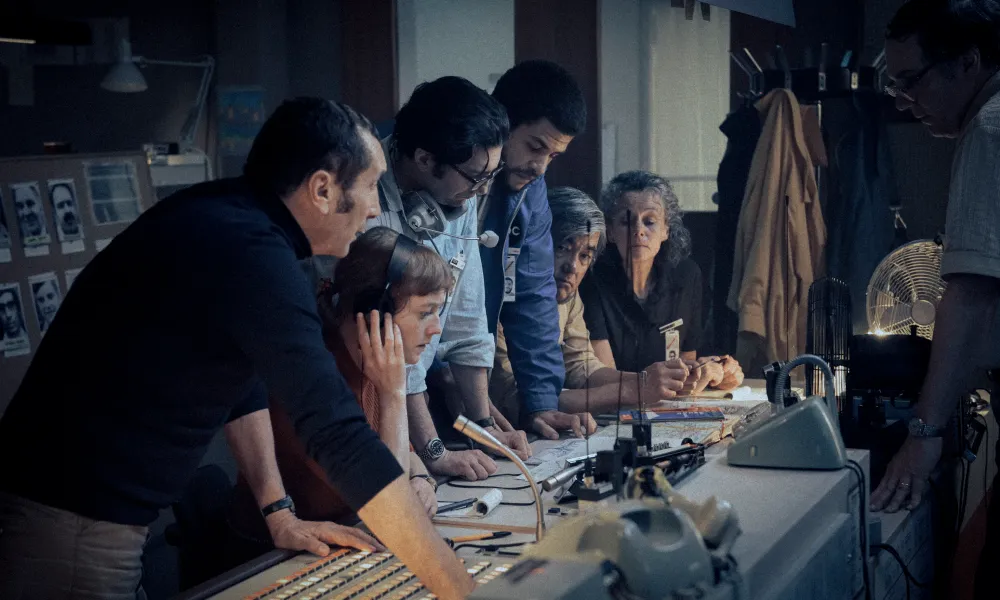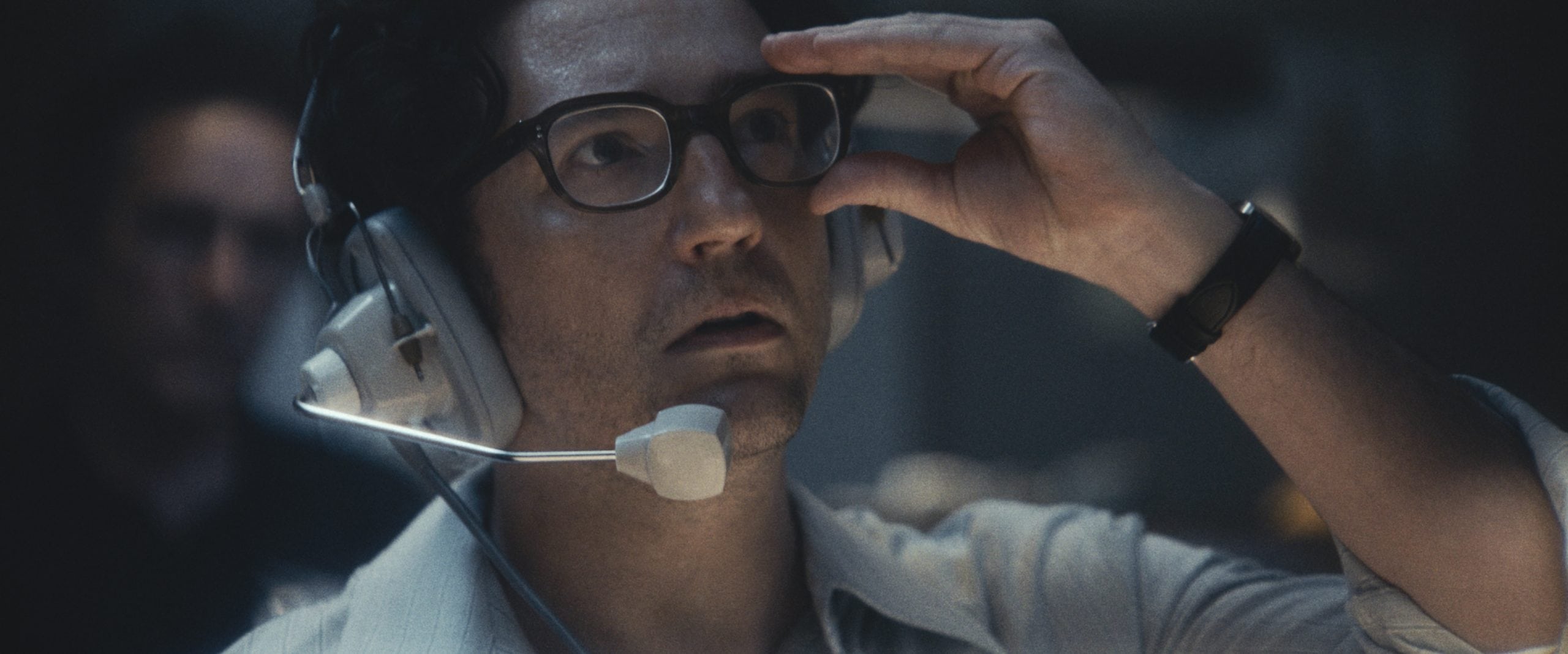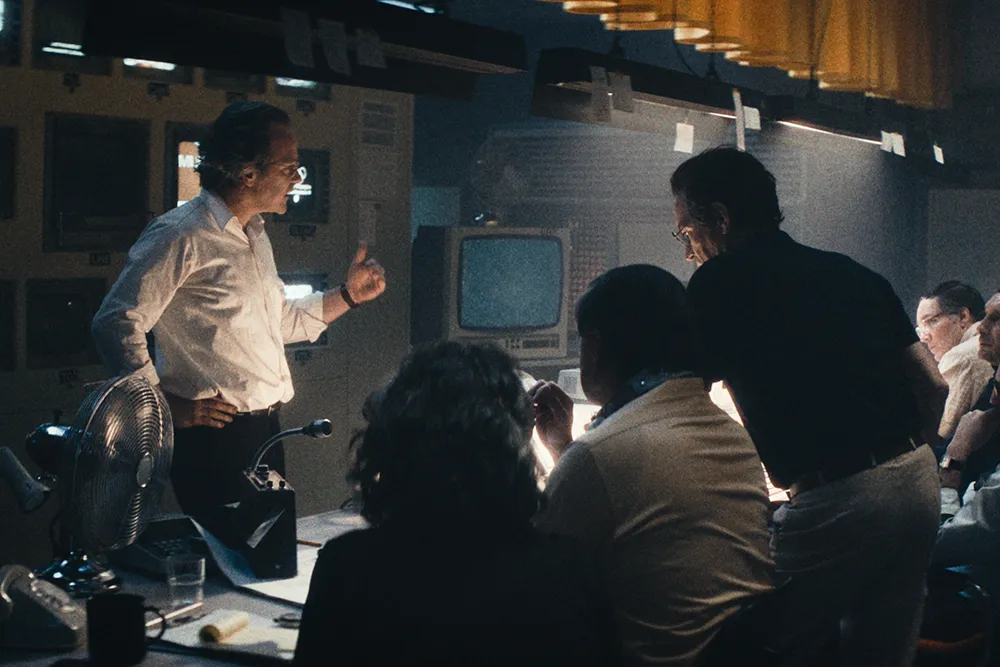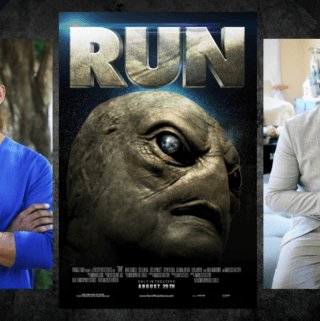If you ever wondered why news is covered the way it is, especially in terms of big attacks, then you're in luck. Tim Fehlbaum's September 5 takes us back to 1972, when ABC's coverage of the “Munich Massacre” became ground zero for the sensationalized, clickbait mess we know today.
September 5 Review
The 1972 Munich Olympics were meant to show the world that Germany had changed since the horrors of its past. What started as an event full of hope for the future soon became a bloody mess. The “Munich Massacre” – the hostage crisis that saw the Palestinian terror group Black September take Israeli athletes hostage – has been covered before, including in Steven Spielberg’s 2005 5x Oscar-nominated “Munich.” Director and co-writer Fehlbaum has opted to show the events from a different angle, focusing solely on the ABC sports team, who while providing 24 hour coverage of the Olympics led them to being in the middle of chaos. How they reported the breaking news ultimately changed broadcast news forever, for better or worse.
For anyone else not alive during the 70s and who were never taught about this in school Fehlbaum, along with writers Moritz Binder and Alex David, lock us into the newsroom as the ABC sports team frantically decides what to show and how to handle the kidnapping as it unfolds. It was the first time a story like this was ever broadcasted around the globe and it also served as ground zero for how such coverage has been conveyed ever since. Smartly, the journalists are not painted as saints or even people merely doing their jobs. Some *might* act as a moral voice but the opportunistic sharks are swimming in the waters making it easy to see how all of this led to the foaming-at-the-mouth reporting tendencies we see today.
September 5, 1972 should have been like any other day for ABC Sports. In the early morning hours, everyone was getting ready for another day of covering the Munich Olympics. But when word broke that the Israeli team had been taken hostage, the ABC team were thrown into unknown territory. How do you navigate the morals of covering news that shows life-or-death circumstances? What is okay to broadcast and what isn't? It all comes down to split-second decisions that are made by people like executive Roone Arledge (Peter Sarsgaard), producer Geoff Mason (John Magaro), and producer Marvin Bader (Ben Chaplin).
Cinematographer Markus Förderer's work here heightens the tension and feel of nausea as these people battle with themselves and with each other over the “right thing to do.” Once the events begin to unfold – and with a tight runtime they do so quickly – every shot feels coated in dread, from moments inside the painstakingly recreated ABC offices to the Olympic village itself. Everything feels like life-or-death, even pushing a button or running footage to the dark room. It's a testament to Fehlbaum's direction that things like turning telephones into radio receivers and patching in a phone call to a live broadcast feel so crucial to the moment that it keeps you on the edge of your seat.
There is also the massive elephant in the room, which is what should the media's role be in capturing and reporting on a situation such as this? Fehlbaum doesn't shy away from the harmful missteps that the team took with some of the worst ones being broadcasting police strategies on the air and running with only part of a story information that proved to be devastating in its totality. Perhaps the largest grievance of all is the choice to use the word “terrorist” despite TV journalist Peter Jennings (Benjamin Walker) insistence that by doing so would exacerbate the situation. As someone who had experience covering the Middle East, his perspective should've been taken more seriously, but it wasn't and his ominous warnings were dismissed flippantly.
All the action primarily takes place inside the walls of ABC's studio just outside the Olympic village in Munich. Coming in at a little over 90 minutes, the film speeds yet Fehlbaum still takes time to take us into the process of bringing this moment to the world. People may run down a hallway but you're also going to see how difficult it is to lug a large camera outside for a better shot. The cast seem to embody their respective real life counterparts well with Sarsgaard and Chaplin shouldering most of the weight of the story. By choosing to focus on these two (and their team) rather than the events themselves, Fehlbaum offers a new look at a well known and often covered event, although the extreme emotions these people must have been feeling (especially Chaplin's Bader who was a Jewish man) seem to not be a central focus. It's more about the “who” and “what” in September 5.
VERDICT
Ultimately, September 5 might revolve around the men and women who covered one of the biggest news stories to ever happen at the time but it actually serves another purpose. It is a stark reminder for some and an eyeopening one for others as to why the news is the way it is today. Going viral might not have been a thing back in the seventies but that is certainly what happened to ABC and their reporting on the Munich crisis. Which naturally led to them and other reporters to chase that high. Whether it is beneficial or detrimental to society never seems to be a concern. Fehlbaum’s film is meticulously crafted and the story unfolds in a way that will fascinate those who know about it and those who don't. However, I truly wish he had committed to calling out modern media's harmful shenanigans rather than leave it up to the audience to interpret. Sometimes, things do need to be spelled out to get the point across.
September 5 is now in select theaters. It is rated R for language with a runtime of 1 hour and 35 minutes.









Leave a Reply